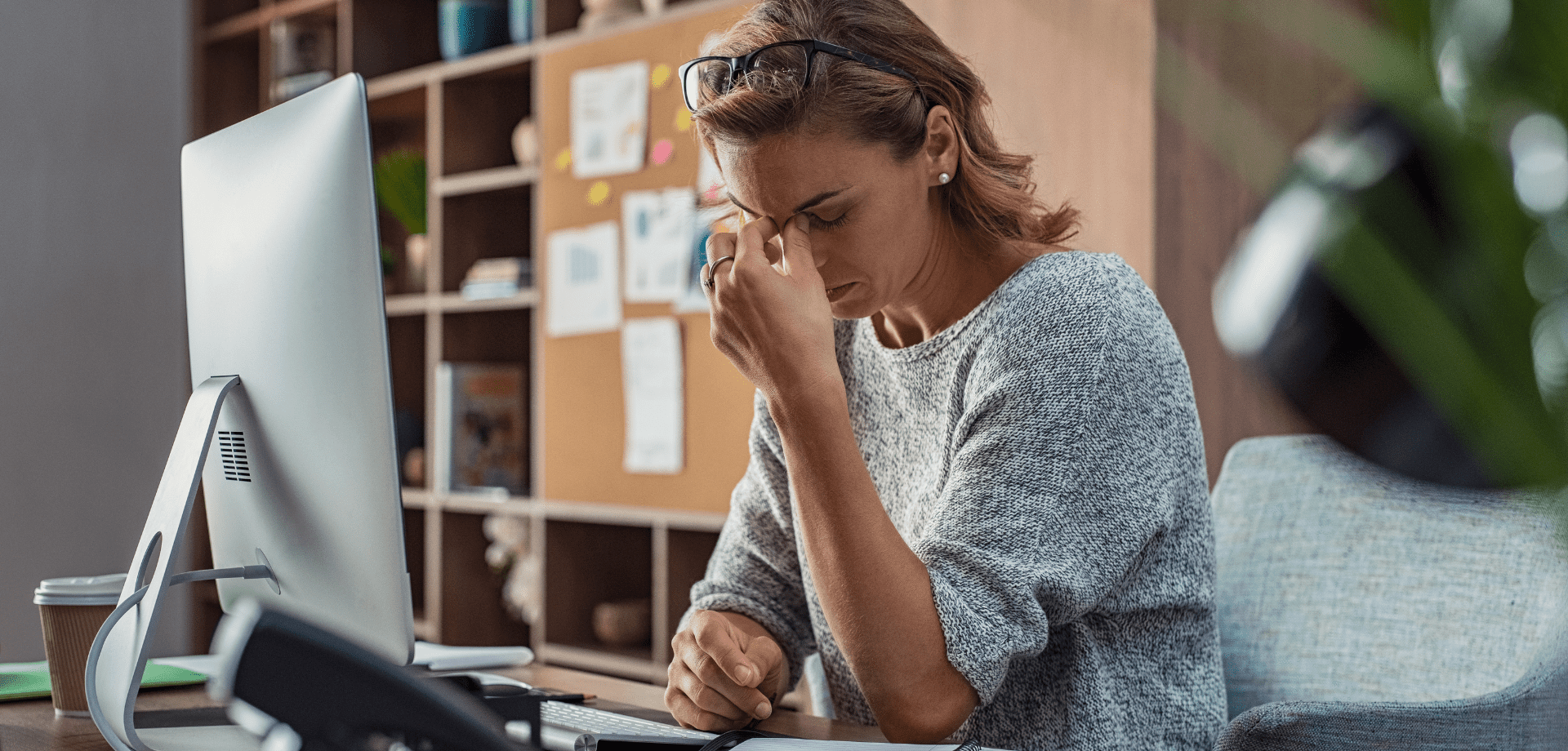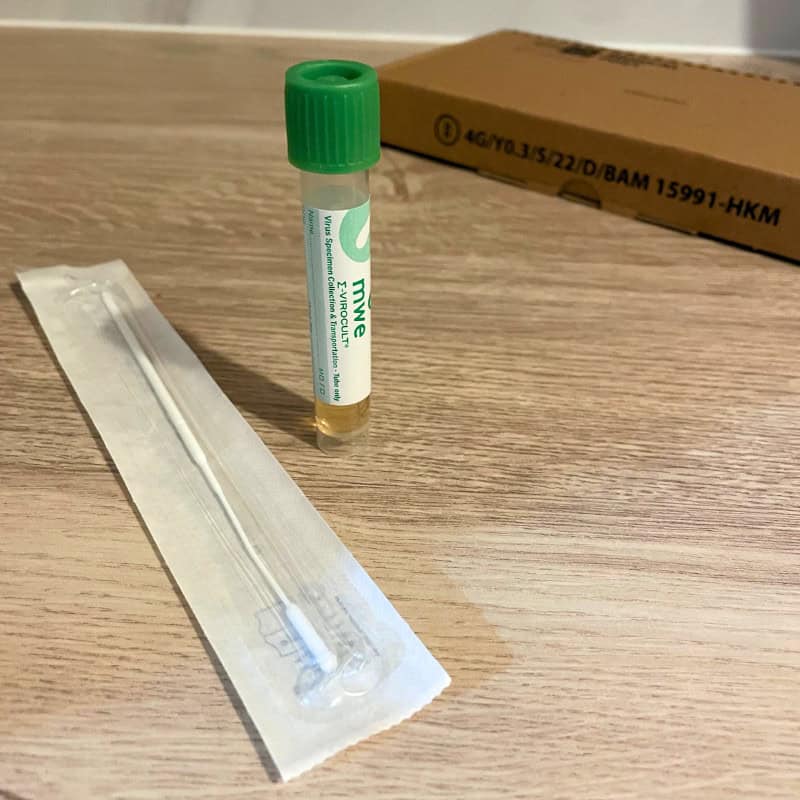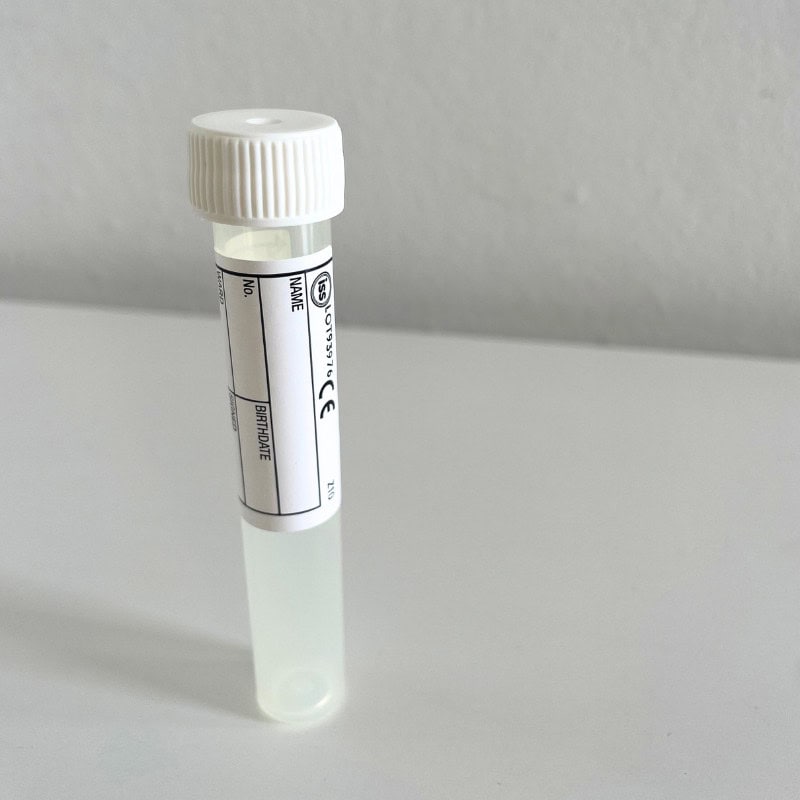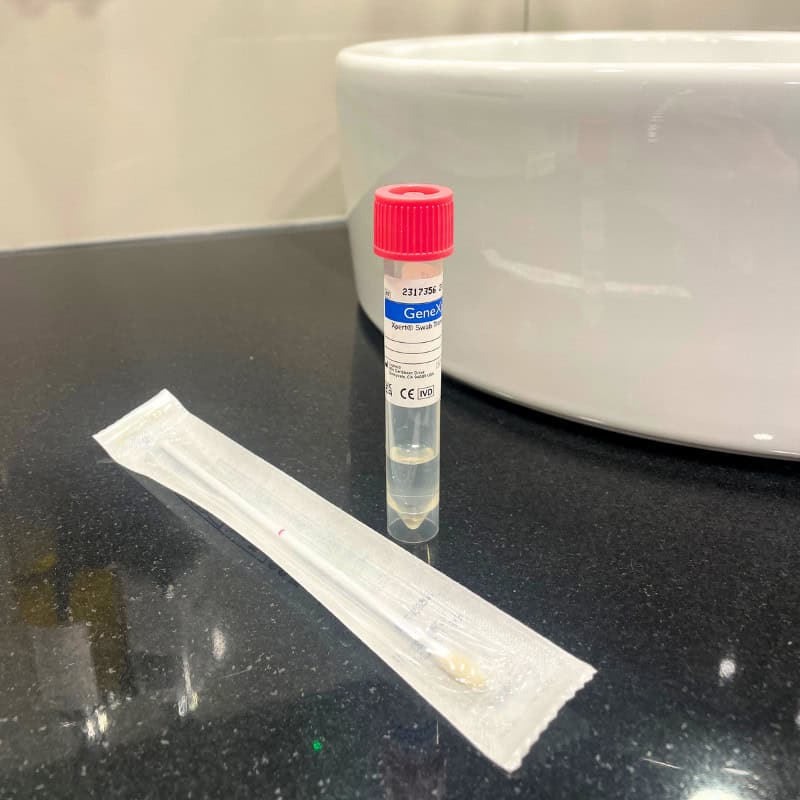Month: August 2022
Tension Headaches
80% of adults will experience tension headaches at some point. They are caused by tight muscles surrounding the neck, pressing on nerves that refer pain to another location, in this case, the head.
Most often, tension headaches are triggered by lifestyle factors such as poor posture i.e. from sitting hunched over at a computer and/or stress.
Almost all types of headache activate the same pain receptors so it can be difficult to know if your headache pain is a sign of something more serious. When experienced suddenly or regularly, you should always get your headache pain assessed by a health professional to rule out any serious health conditions.
Stretches
If you have been diagnosed with tension headaches alone, the good news is they respond well to treatment. Here are a few stretches to help relieve the pain they cause:
Stretch 1
This is a neck flexion stretch that you should repeat 10 times, holding for a few seconds each time.
https://www.youtube.com/watch?v=XZe7c0kpZA4
Stretch 2
This is a stretch for the upper trapezius that you should repeat 10 times, holding for a few seconds each time.
https://www.youtube.com/watch?v=yRtWVO1zKLE
Stretch 3
This is a stretch for the scalene muscles that you should repeat 10 times, holding for a few seconds each time.
https://www.youtube.com/watch?v=dUHsyB-opYg
Stretch 4
This is a levator scapulae stretch that you should repeat 10 times, holding for a few seconds each time.
https://www.youtube.com/watch?v=3k9cNIlIE-Q
For more information on Osteopathy services at Fleet Street Clinic.
You can book an initial consultation with Andrew Doody online.
How walking can help Chronic pain
Firstly, what is chronic pain?
Chronic or persistent pain can be explained as pain that carries on for longer than 12 weeks despite medication or treatment.
The root cause can vary person-to-person, with it sometimes due to illness or an injury. In other cases it can be due to being overweight, having years of poor posture or improper lifting of heavy weights. It can be debilitating but movement is known to help.
As an osteopath, the conversation I seem to have at least once-a-day is; how much exercise should someone who is in pain be doing?
As you can imagine every case is different, and exercise advice varies hugely from person to person and condition to condition. There is a big difference between chronic pain and recovery from injury pain. I am focusing on exercises for people with chronic pain conditions, specifically walking.
Many people with chronic pain are afraid that movement, including walking, will worsen pain. But as many have subsequently discovered, the opposite is very often true. Using your muscles and joints less can often cause pain to becomes worse. Gentle exercise like walking can really help to bring those pain levels down, as well as many other benefits like improving your circulation, strengthening your bones and of course helping to keep those extra pounds off.
Here are tips before you start:
1. Talk to your healthcare professional first
You should always take the advice of a health professional before starting any exercise. They can ensure it is safe for you to start, and guide you with the types of exercises you should begin with. They will also help you understand your limits and outline suitable goals. As a rule of thumb, if you are in pain, stop!
I, or another osteopath, can check your posture and gait and give you tips on engaging the correct muscles.
2. Get the right shoes
A good pair of supportive trainers will prove invaluable. Walking boots that protect the ankle are only really required if you’re planning to walk on loose surfaces or heading off into the mountains. Otherwise, walking trainers will suffice. To find out more about choosing the right footwear, read our blog on How To Avoid Running Injuries.
3. Start slow
What we’re aiming for is about half an hour to an hour of physical activity five days a week, but this may take some time to achieve. There’s no rush! A good indicator that you are at the right intensity level is that even though your heart rate is up a little, you are still able to carry on a conversation while walking. When starting your walk don’t go full speed immediately. Allow your muscles and joints to warm up for the first few minutes before getting up to speed. This will help prevent damage and injuries.
4. Keep hydrated
You may need to carry a bottle of water, especially for walking in hot weather. If the weather is hot, make sure you also take sunscreen and a hat to stop sunburn.
5. Finally, try to enjoy it!
The more you enjoy it, the easier it becomes. Find somewhere nice to walk, even if that means
driving somewhere. Listen to music/ podcasts/ audiobooks, or even better get a walking buddy to join you for a chit chat along the route.
For more information on osteopathy services, visit the main page.
___________________________________
OSTEOPATHY AT FLEET STREET CLINIC
Andrew Doody is an osteopath at Fleet Street Clinic and is fully registered with the General Osteopathic Council (GOSC).
Book an appointment with him if you have any musculoskeletal injuries by calling +44 20 7353 5678, email info@fleetstreetclinic.com or book an appointment online.
Urgent polio boosters advised for London children
UK Health Security Agency (UKHSA) has announced that all children aged 1-9 years regardless of previous immunisation status are recommended a polio vaccine booster from all London boroughs.
The virus, which can cause paralysis, has been found 116 times in London’s waste water between February and July this year.
In the UK, the overall risk of paralytic polio is considered low because most people are protected from this by vaccination. However, due to the recent discovery of type 2 vaccine-derived poliovirus in sewage in multiple locations in London, the Joint Committee on Vaccination and Immunisation (JCVI) have advised that booster vaccinations in all children aged 1-9 years is an appropriate course of action.
The UKHSA says most of the samples detected are the safe vaccine form of polio, but “a few” have mutated enough to be considered dangerous.
Parents should seek the polio vaccine booster as soon as possible – even if their child is up-to-date with their childhood vaccinations.
The aim is two-fold; to ensure a high level of protection from polio paralysis and help reduce further spread of the polio virus across London and beyond.
Booster Polio Vaccinations at Fleet Street Clinic
We offer two vaccinations in-clinic that offer protection from Polio:
Revaxis Vaccine: Suitable for children from 6 years and above
Protects against: Diphtheria, Tetanus, Polio
Cost: £49 + £28 appointment fee
Call to book
Repevax Vaccine: Suitable for children from 3 years and above
Protects against: Diphtheria, Tetanus, Polio & Whooping Cough
Cost: £98 + £28 appointment fee
Call to book
Both of these vaccinations are inactivated, and given by injection. They are both licensed as booster doses, and are not intended for primary immunisation.
More information on the Polio vaccines available at Fleet Street Clinic, click here.
Primary Polio Vaccination
Unfortunately, we do not offer the infant/ baby vaccination for Polio – in the UK this would be the Infanrix-Hexa, the 6-in-1 vaccine. We have no suitable vaccination for children under the age of 3, or for those requiring their primary immunisation against Polio.
Please contact your NHS doctor or an alternative provider to see if they can help you further.
Dr Vanessa Saliba, Consultant Epidemiologist at UKHSA, said:
“It is vital parents ensure their children are fully vaccinated for their age. Following JCVI advice all children aged 1 to 9 years in London need to have a dose of polio vaccine now – whether it’s an extra booster dose or just to catch up with their routine vaccinations. It will ensure a high level of protection from paralysis. This may also help stop the virus spreading further.”
______________________
More information on Polio and the emerging London findings:
What is Polio?
Polio is a serious viral infection that is transmitted through the stool’s of an infected person through contaminated water, food or surfaces. It can cause unpleasant flu-like symptoms and in severe cases, cause paralysis.
What are the symptoms of Polio?
The majority of people with the infection have no symptoms but some feel as if they have the flu, with:
- high temperature
- sore throat
- headache
- abdominal pain
- sickness
In severe cases of polio, the virus can attack the nerves in the spine and brain which can cause paralysis. In some cases, it can cause persistent or lifelong difficulties and even be life-threatening.
Where has Polio been found?
According to the UKHSA statement, in addition to the findings earlier this year of type 2 poliovirus (PV2) collected from the Beckton sewage treatment works, further upstream sampling undertaken by the UK Health Security Agency (UKHSA) and the Medicines and Healthcare products Regulatory Agency (MHRA) has now identified at least one positive sample of the poliovirus, currently present in parts of the following boroughs:
- Barnet
- Brent
- Camden
- Enfield
- Hackney
- Haringey
- Islington
- Waltham Forest
The sampling has also detected the virus in lower concentrations and frequency in areas adjacent to the Beckton catchment area to the South (immediately below the Thames) and to the east of Beckton. However, it is not clear whether the virus has established itself in these areas or if the detections are due to people from the affected area visiting these neighbouring areas.
How many cases of Polio have been identified?
To date, again based on the UKHSA statement, ‘a total of 116 PV2 isolates have been identified in 19 sewage samples collected in London between 8 February and 5 July this year’.
A further 15 sites in London will start sewage sampling in mid-August, and 10 to 15 sites will be stood up nationally to determine if poliovirus is spreading outside of London.
To book your child’s Polio Booster Vaccination, call +44 20 7353 5678 today.






